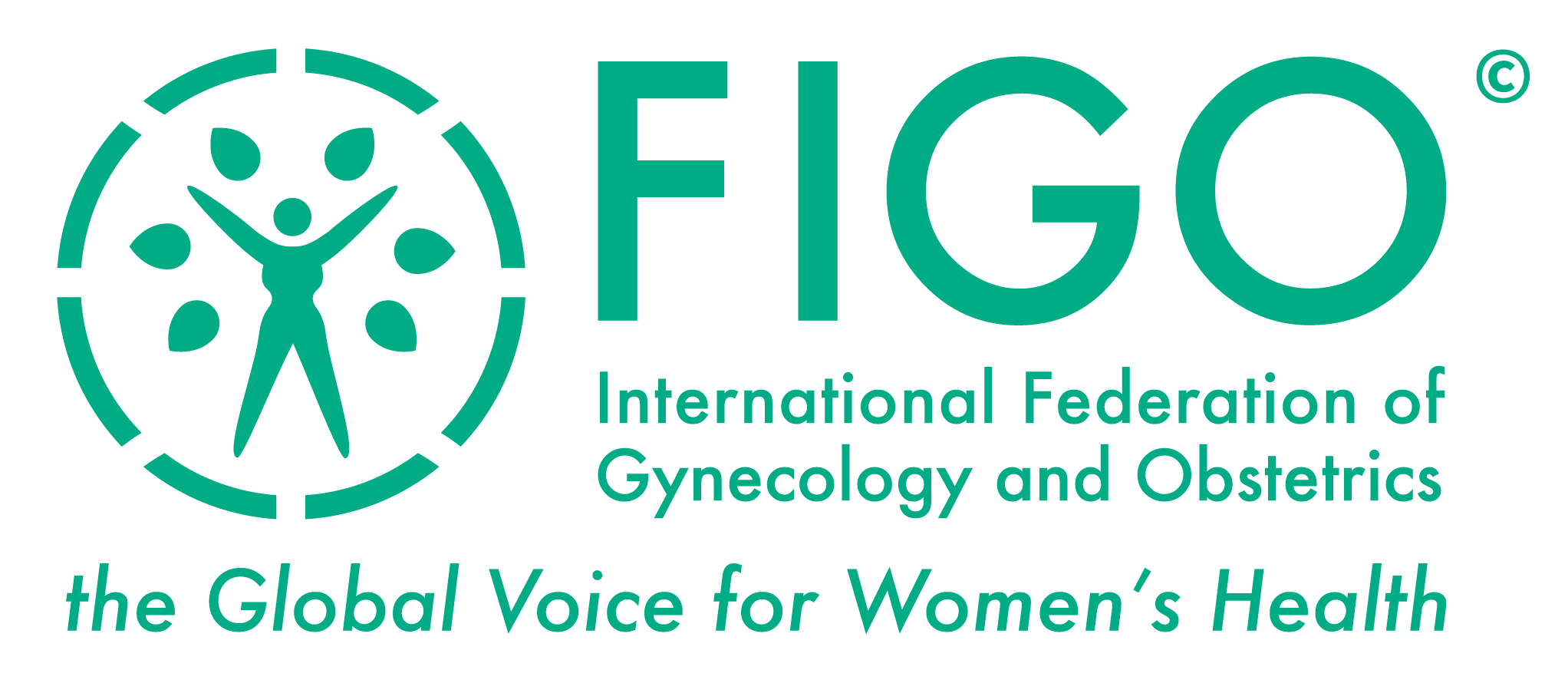
4. Offer advice and empathetic counselling: The PCP should provide comprehensive supportive counselling for infertility taking into account medical, cultural and socioeconomic issues. Ongoing advice and counselling should continue as treatment progresses.
As indicated in Tool 4 on Diagnosis, the PCP should assess whether the infertile woman is fit for an eventual pregnancy and should identify any co-existing co-morbidity.
Advice includes information about infertility outcomes. There are five outcomes for couples who receive clinical care for infertility:
- success, in the form of a live birth;
- partial success—a miscarriage or ectopic pregnancy confirms the ability to get pregnant;
- adoption, which is a rarity in many parts of the world;
- failure without resolving the distress, and
- resolution or acceptance of childlessness.
Many infertile patients do not get pregnant, even when assisted reproductive treatment is available because they cannot afford or access treatment, drop out of treatment, or treatment fails. Thus, it is helpful to ensure that the clinical process is not harmful or unnecessarily unpleasant. This means that even when interventions are not available, the HP should always acknowledge that infertility is a disease/disability, provide prompt attention when they visit, encourage discussion, and provide information in a caring and sympathetic environment (Ryan, 1999). While empathetic counselling may not improve pregnancy rates, the very least that infertile couples should be given is sympathetic, informed and humane health care.
Decisions about infertility and its treatment should include patient input and should be consistent with the patient’s culture, preferences, and economic circumstances. Also, it is critical to practice in an ethical manner (see Tool 7 Preventing Infertility (Action 4).
